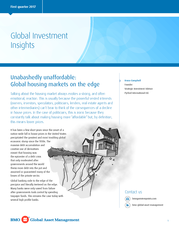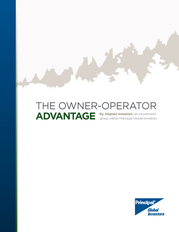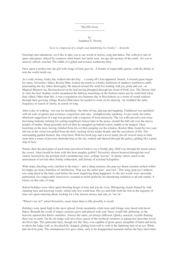X
Internet Trends 2015 Code Conference
KPCBs Mary Meeker presents the 2015 Internet Trends Report, 20 Years
After the inaugural " Internet Report " was first published in 1995

Other Presentations
- Why these 3 Energy Stocks Plunged 10% this week May 30 2015
- Why these 3 Energy Stocks Plunged 10% this week May 30 2015
- Why these 3 Energy Stocks Plunged 10% this week May 30 2015






























































